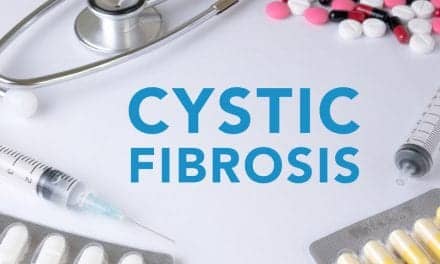The US Food and Drug Administration (FDA) has approved a new dose of Pertzye to treat infants with exocrine pancreatic insufficiency linked to cystic fibrosis and other conditions.
The approval refers to a new capsule containing 4,000 USP units of lipase (an enzyme produced by the pancreas), which is the recommended dose in infants (per 120 mL of formula or breast-feeding milk). The announcement was made by Digestive Care and Chiesi USA, which develops and markets the product in the U.S.
“Together with Chiesi USA, we are excited to offer an FDA-approved therapy for enzyme delivery for the smallest CF patients,” said Tibor Sipos, PhD, president and chief scientific officer of Digestive Care, in a news release. “Cystic fibrosis is a complex condition for anyone and the digestive challenges patients face are compounded in the infant stage due to dosing needs, infant size and the required mode of delivery, which also plays a role in the infant’s ability to properly benefit from the medicine,” he said.
Each Pertzye capsule has a delayed-release action and contains coated beads, called microspheres, that protect and carry pancreatic enzymes (lipase, amylase, protease) and bicarbonate to the intestine.
With this approval, EPI patients now have three dosing options as they grow from infants to adults. The new Pertzye dose is produced in a capsule with small microspheres (0.8 – 1.4 mm in diameter) to facilitate administration to children. For older patients, Pertzye is produced in capsules that increase in size and dose: the 8,000 and 16,000 lipase units doses are approximately 0.8 – 2.2 mm in diameter.









